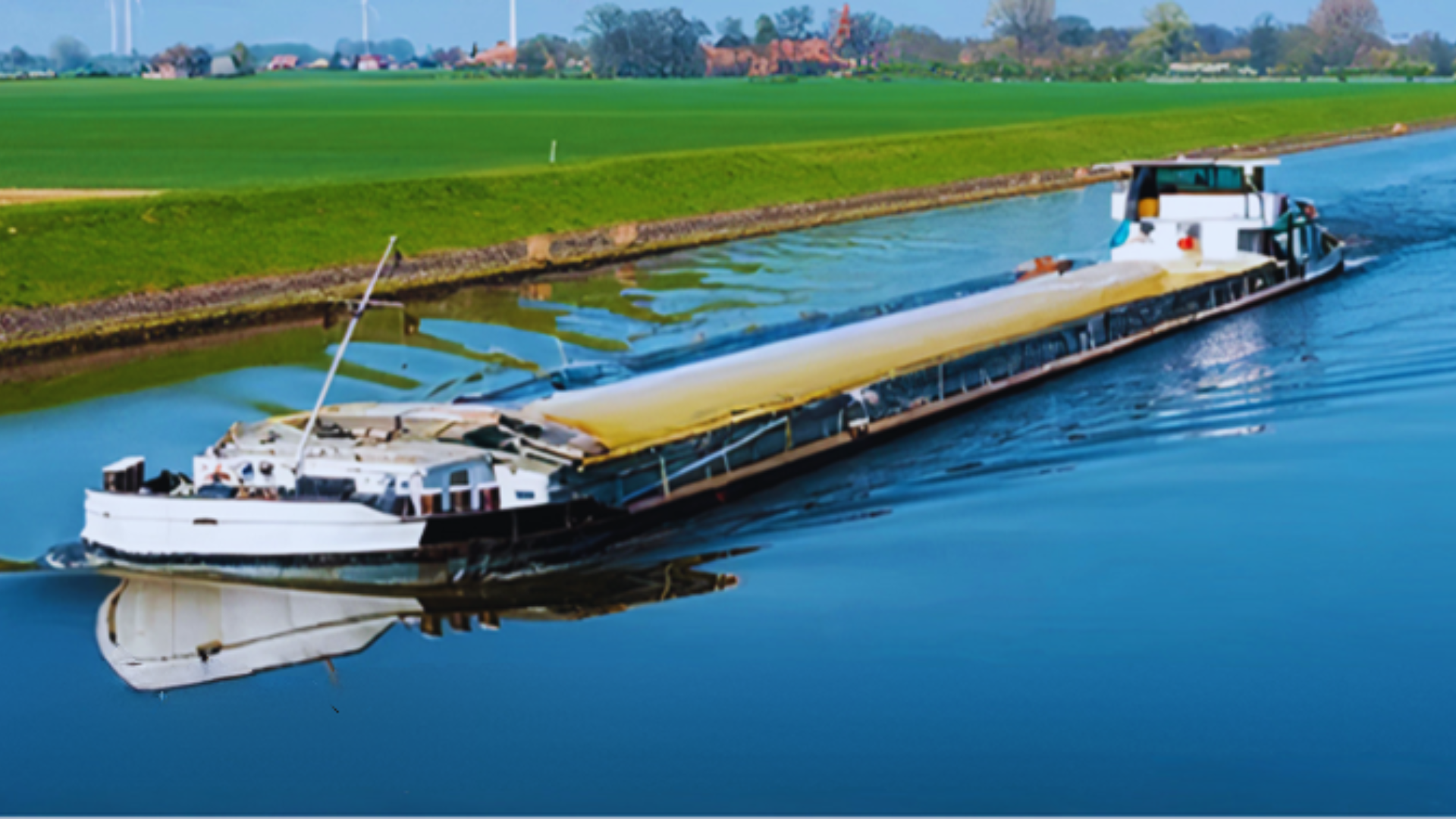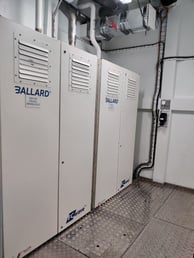
The RH2IWER initiative is navigating the future of inland waterway transport using hydrogen and Ballard Power Systems’ fuel cell technology. Bringing together 15 collaborators including Air Liquide, Future Proof Shipping and DFDS, and co-funded by the Clean Hydrogen Partnership, this Europe-based project aims to accelerate the uptake of hydrogen fuel cell-powered marine vessels – demonstrating the capabilities of hydrogen in six commercially operated ships.
The vessels include a 2MW tanker, 1.8MW container vessel, and dry cargo vessels with varying levels of power ranging from 600kW-2MW. This scheme enables the implementation and decarbonization of other vessels and immediately eliminates their greenhouse gas emissions, while also advancing the standardization of containerized fuel cells and hydrogen storage.
The project’s main focus is to create a firm foundation for the launch of hydrogen-powered inland vessels across Europe, and assisting the development of a platform that can support the shipping industry in significantly reducing its environmental footprint - to reach the eventual goal of removing emissions from entire commercial fleets in the future.
The program's six demonstration vessels vary in length and weight, including container ships, bulk and tanker vessels. Ballard's contribution to RH2IWER sees three of its FCwave™ fuel cell modules supplied to a 600kW container solution, powering a 0.6MW container vessel.

The FCwave™ is designed to provide zero-emission power to marine vessels and is the world's first Type Approved solution for this segment. Ballard’s fuel cell module is tested and certified by DNV, Lloyd's Register and ABS for operation in sea bound environments, and is scalable from 200kW to megawatts to suit a broad range of marine applications.
Ballard will work with DFDS on the design, construction and operation of a DFDS container vessel, including the hydrogen safety control system and the interfaces between systems in coordination with the hydrogen storage supplier and the shipyard.
The vessel categories involved in the RH2IWER project are representative of roughly 80% of the inland waterway fleet (currently 15,000 vessels) present across European routes, including typical dry and liquid cargo vessels that are regularly in commercial fleets that traverse the Rhine and Danube waterways in Germany.
Beginning in March 2023, the project’s meticulous work across sectors sees thorough evaluation of financial, environmental and technical performance, which gathers and shares critical insights to assist industry development and growth in this burgeoning space. RH2IWER will run until August 2027 on a budget of €20.5m.